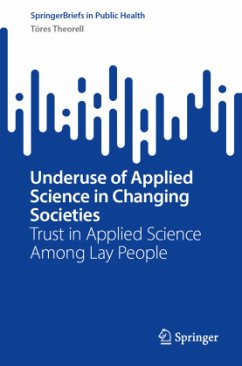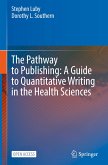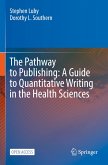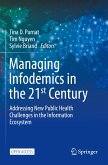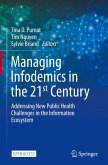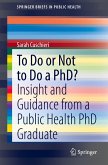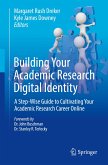This book discusses the fact that applied science is underused in modern societies. The problem is discussed both from external points of view (trust among lay people, attitudes among politicians) and from the inside (recruitment of researchers, research education, violations of scientific rules, financial processes). The book concludes with suggested solutions.
Democracy is threatened in many countries in the free world. The same is true of applied science. It could be argued that in a world situation in which increasing numbers of people distrust politicians, applied science would be the sector people should turn to for advice. However, this seems to occur to a decreasing extent. Increasing numbers of results are produced by applied scientists and these results often diverge. In that situation, laymen tend to select the research results that confirm their own ideas. In such a situation one could ask whether it is meaningful to have applied science and to allocate money to it.
There are threats to applied science coming from external sources, with politicians and higher administration increasingly disregarding applied science, but also from the inside. Researchers reporting results dishonestly or in exaggerated ways and researchers who avoid results that do not confirm their own hypotheses are eroding the trust in applied science.
This book, which uses Sweden, a small European country with old and strong democratic and scientific traditions, as an empirical example, puts all the external and internal problems surrounding applied science in one context. Among the topics covered:
Introduction, why do people not listen?Production and producersResearch studentsHow does applied science operate? Communication with societyExamples of situations in which applied science should have been used moreSolutionsConclusions
Underuse of Applied Science in Changing Societies: Trust in Applied Science Among Lay People is an essential resourcefor researchers, research students, and research teachers in psychosomatic medicine, psychiatry, behavioral medicine, social medicine, psychology, sociology, social work, nursing, and public health. Societal actors also would find the book a useful resource for their work.
Democracy is threatened in many countries in the free world. The same is true of applied science. It could be argued that in a world situation in which increasing numbers of people distrust politicians, applied science would be the sector people should turn to for advice. However, this seems to occur to a decreasing extent. Increasing numbers of results are produced by applied scientists and these results often diverge. In that situation, laymen tend to select the research results that confirm their own ideas. In such a situation one could ask whether it is meaningful to have applied science and to allocate money to it.
There are threats to applied science coming from external sources, with politicians and higher administration increasingly disregarding applied science, but also from the inside. Researchers reporting results dishonestly or in exaggerated ways and researchers who avoid results that do not confirm their own hypotheses are eroding the trust in applied science.
This book, which uses Sweden, a small European country with old and strong democratic and scientific traditions, as an empirical example, puts all the external and internal problems surrounding applied science in one context. Among the topics covered:
Introduction, why do people not listen?Production and producersResearch studentsHow does applied science operate? Communication with societyExamples of situations in which applied science should have been used moreSolutionsConclusions
Underuse of Applied Science in Changing Societies: Trust in Applied Science Among Lay People is an essential resourcefor researchers, research students, and research teachers in psychosomatic medicine, psychiatry, behavioral medicine, social medicine, psychology, sociology, social work, nursing, and public health. Societal actors also would find the book a useful resource for their work.

